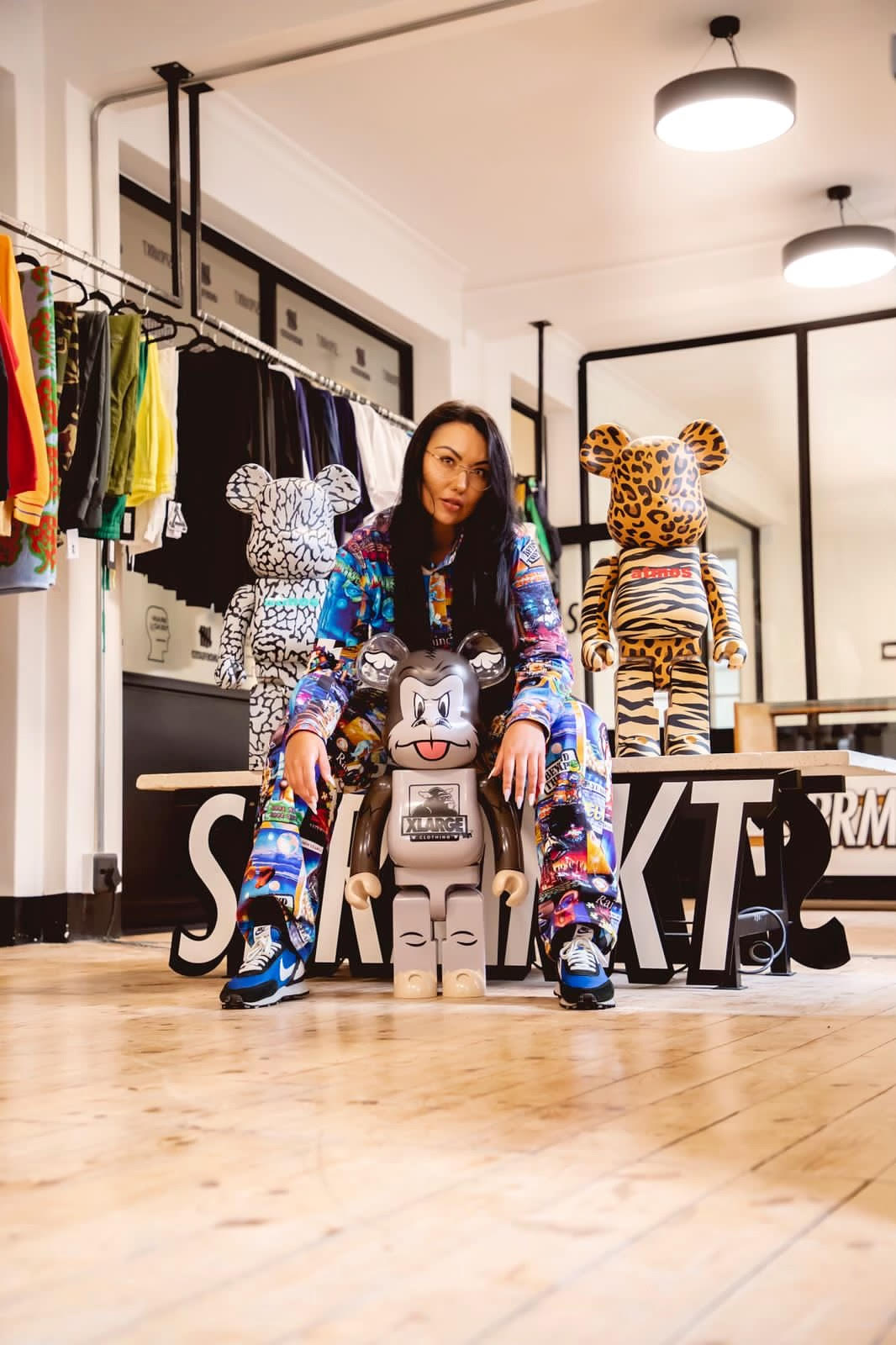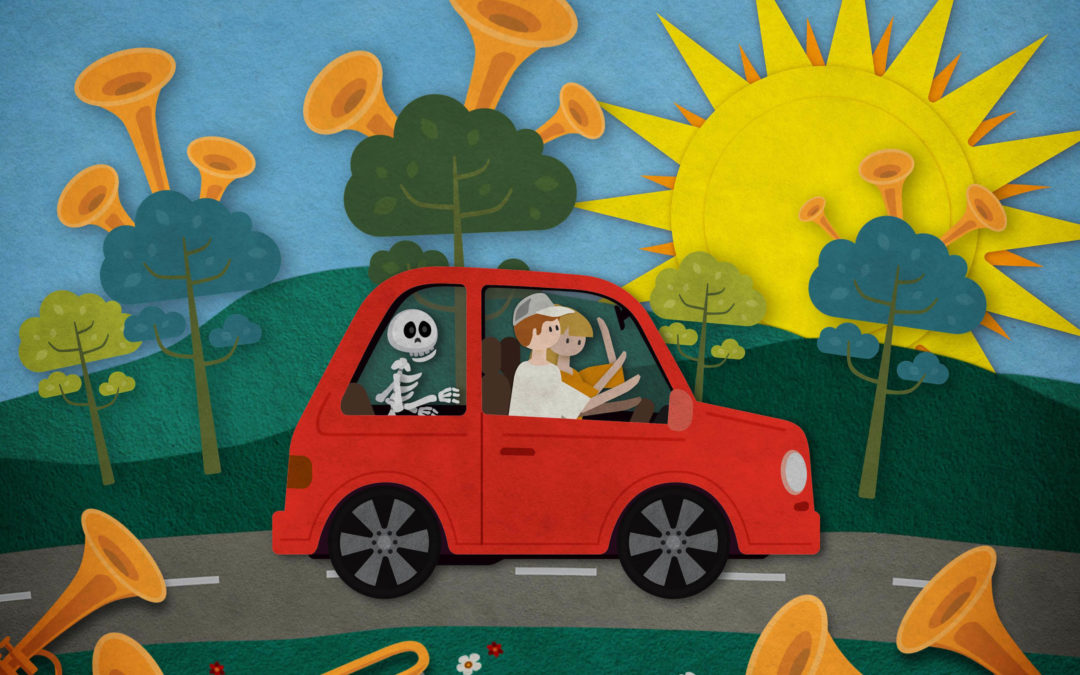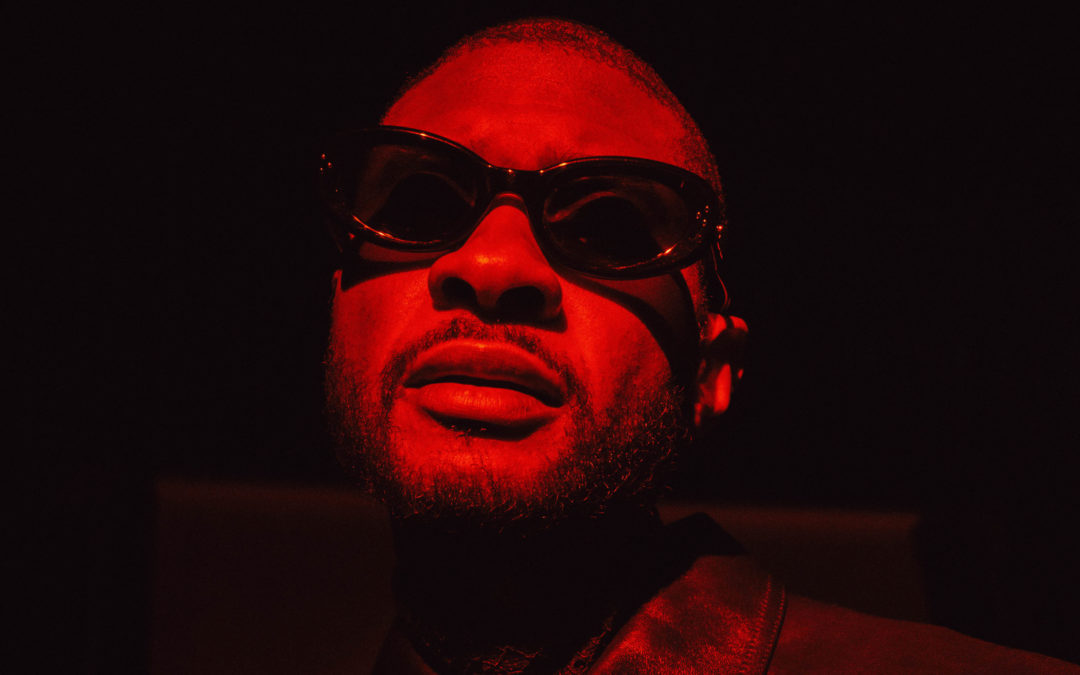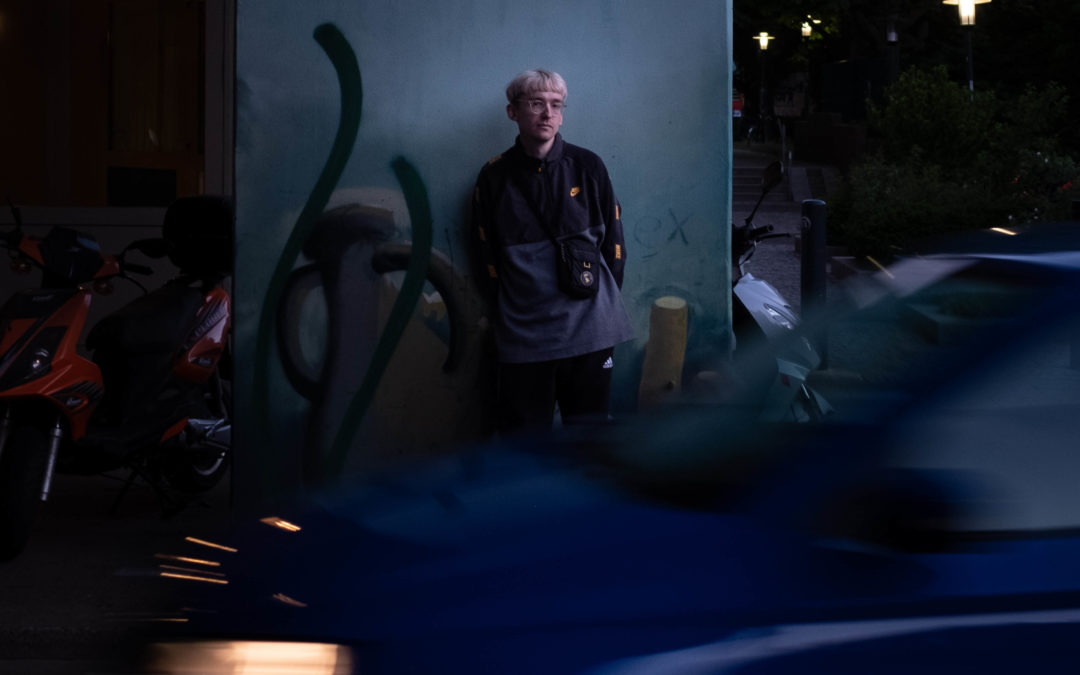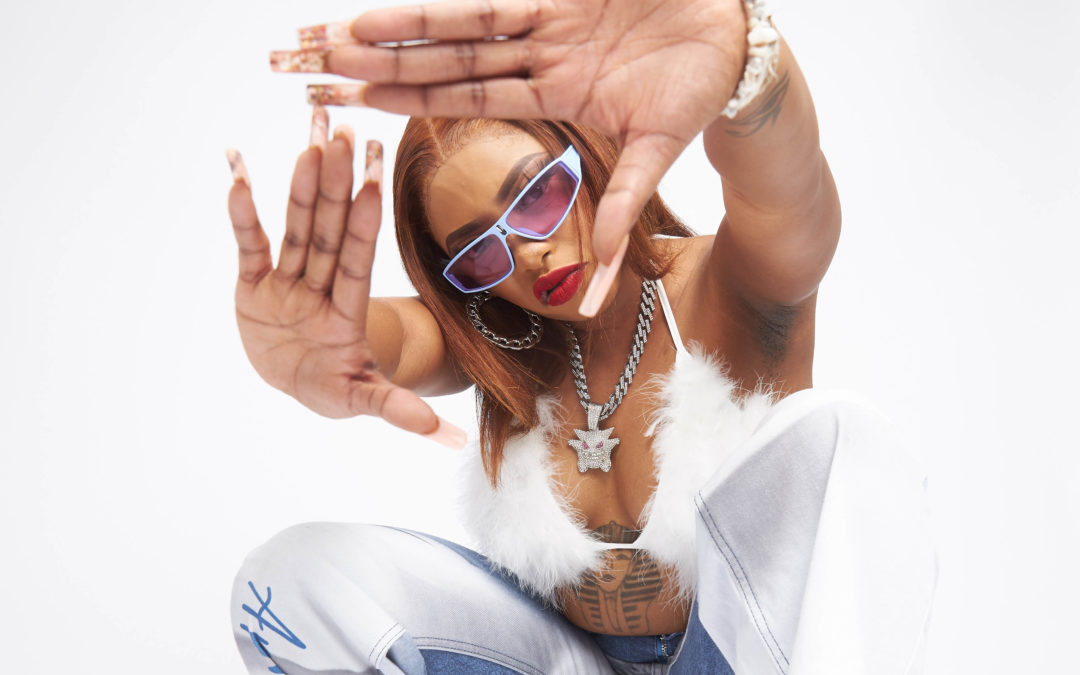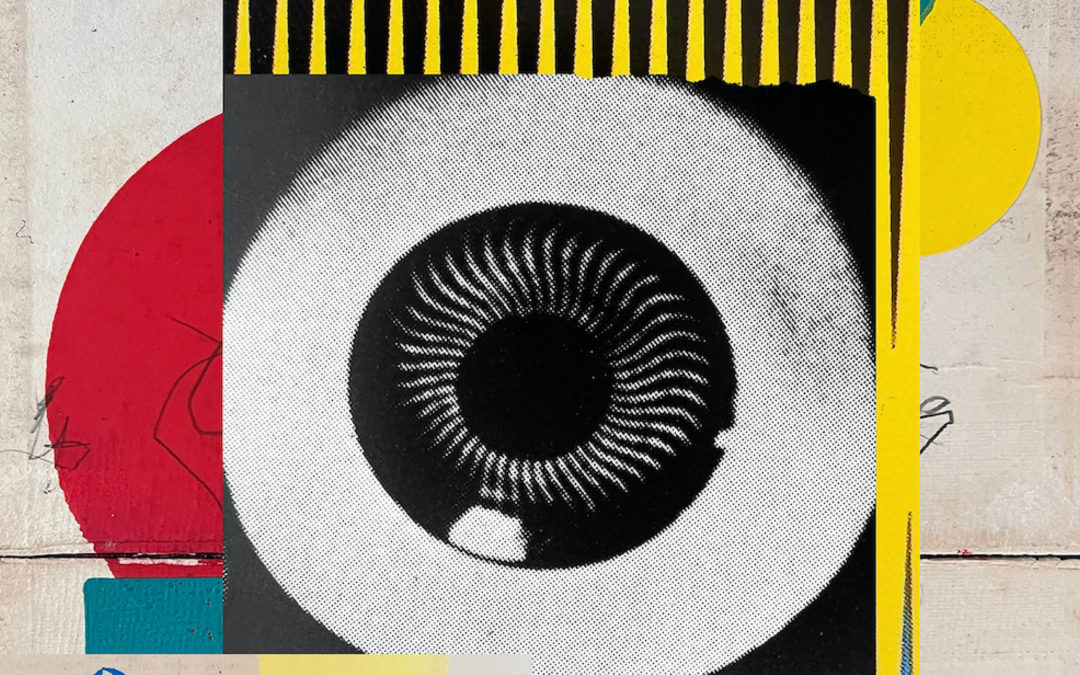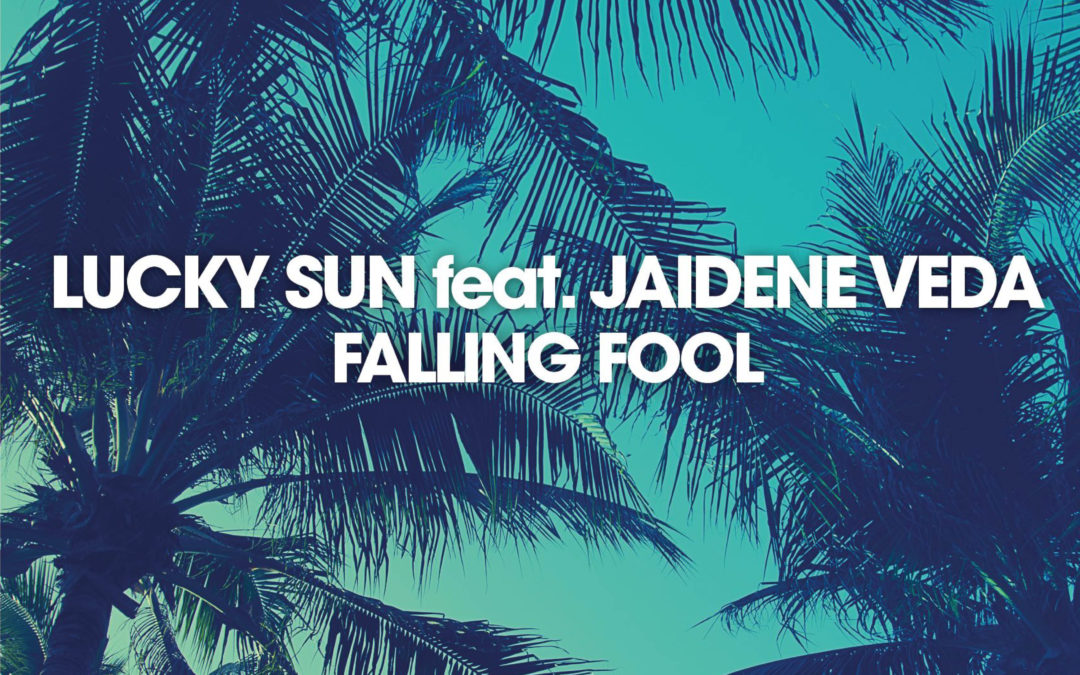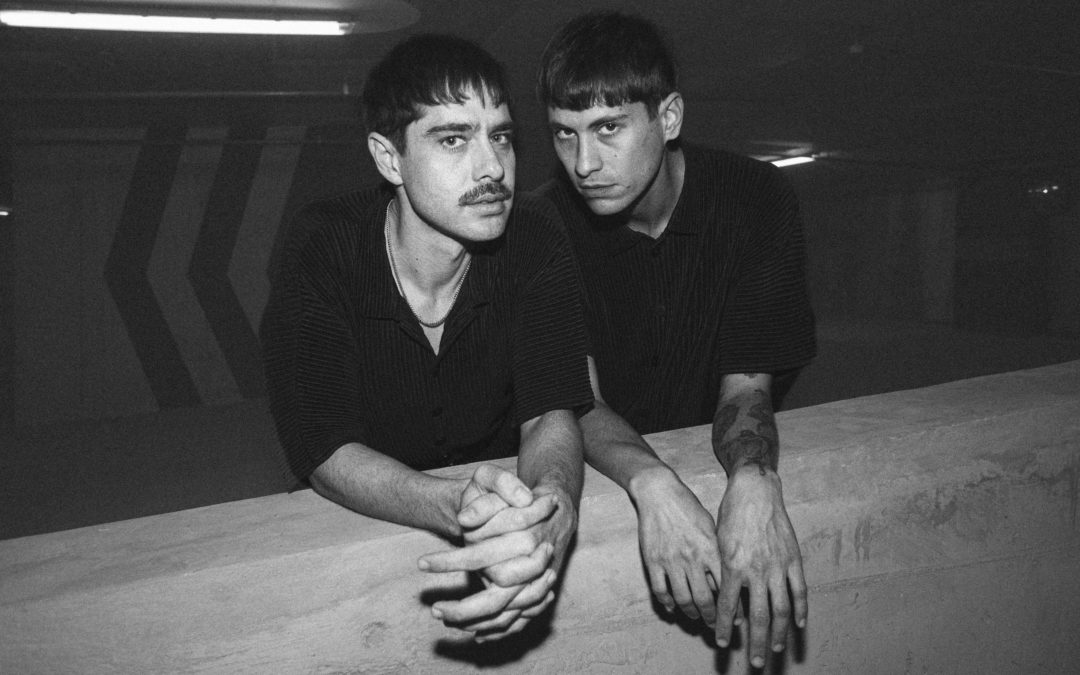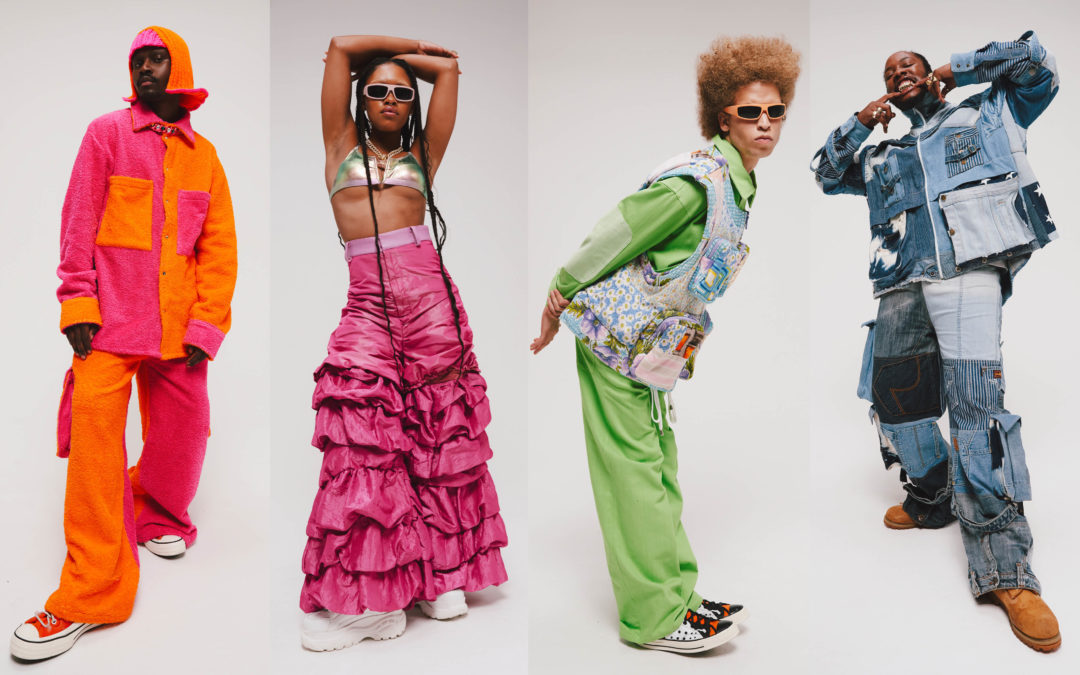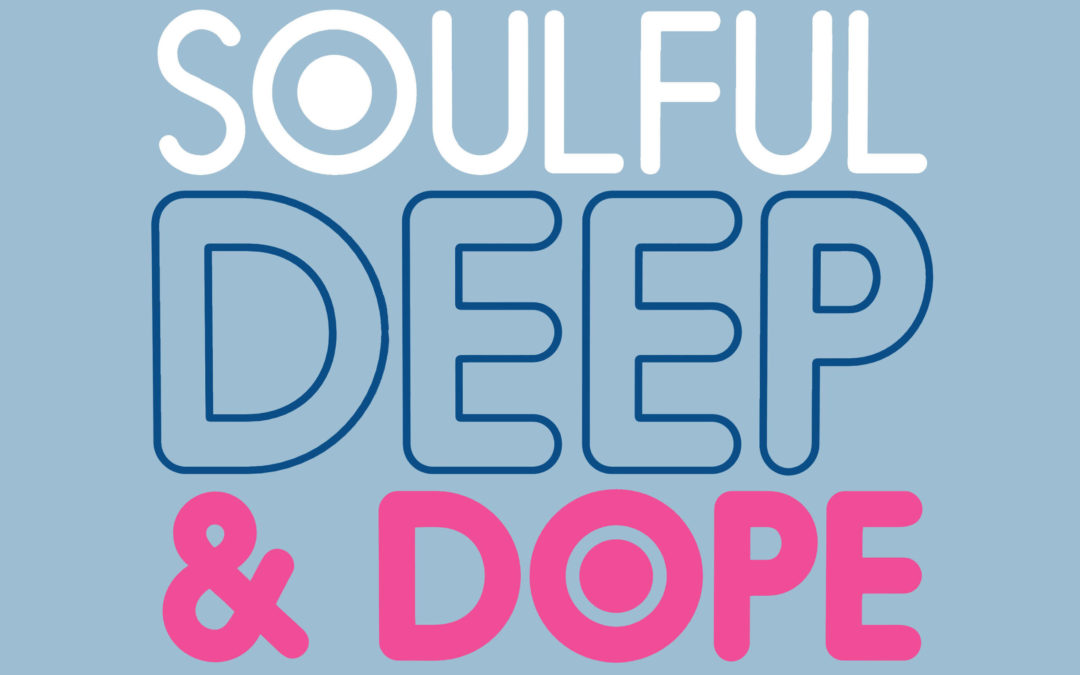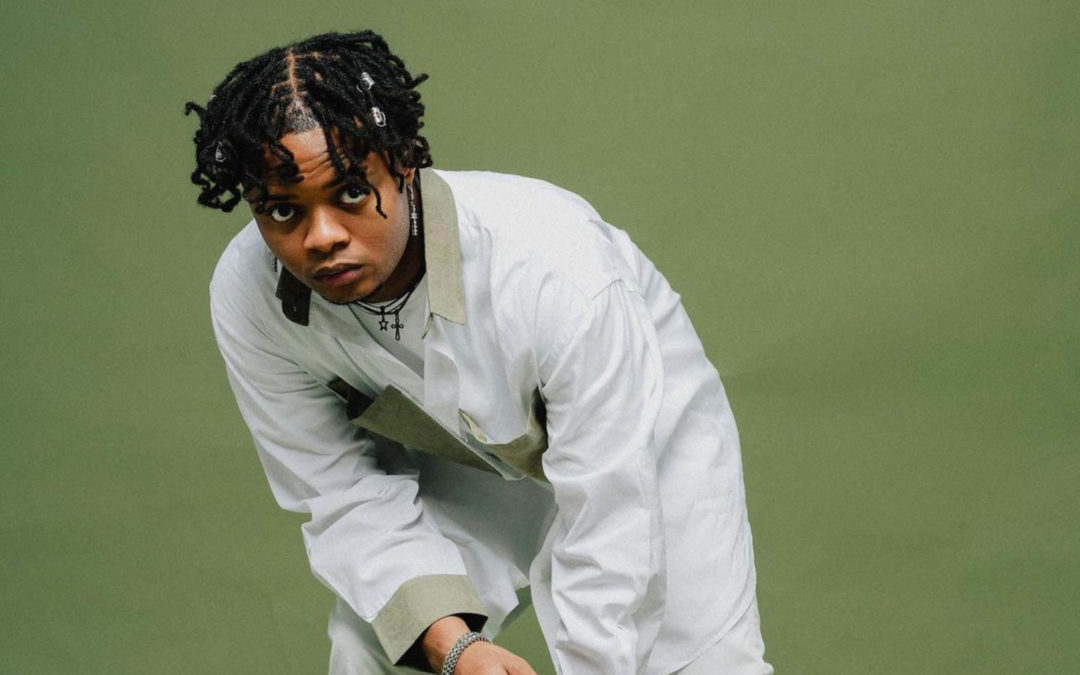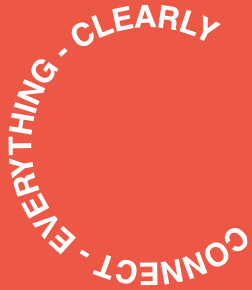Reminiscing about her entry into Johannesburg’s music scene, Rish says “Growing up my mom was always playing music – she really instilled the idea of turning up the volume and starting the day with blaring music in me. I took piano lessons for a bit as a kid, but we didn’t have the money for me to continue; and I thought that was it. It was only in my teen years when I began to search for underground music, especially deep house, that I realized music was possible as an actual profession. I remember bartering at school for downloads with cigarettes – and I found myself gravitating towards house parties. You could always find me sitting at the DJ booth totally curious and trying to work out what was being played and how. When Soul Candi came onto the scene, my CD pouch was bursting! It was gold to me.”
This kind of fascination is usually what drives leaps of faith and commitment to a certain path – and many who have walked before will say that sometimes it is about making the right connections, and being bold enough to step into a space as if it’s your own. “I went out as a way to learn how DJing worked, and then I bought my first CDJ and taught myself how to mix, going on Youtube and watching countless tutorials – and I fell in love. I made a lot of mistakes, but I kept going. I went on to buy loop packs and blending them all together, and really just messing around – obviously it sounded terrible at first – but I think with anything, you have to put the time into learning something. I have an ear for music, but I really had to be open to learning the nitty-gritty.” Rishi saying this reminds me of my own defect in thinking – that if I’m not instantly good at something, then I abandon the pursuit entirely. This is predicated on this illusion of perfectionism, and I wonder how many dreams have been lost to the furnace of this fallacy.
“I reached out to Deep Aztec when I had finished my first song, as I’ve been a huge fan of his for a long time – he loved it and sent me some notes, which were so useful. I was floored when he wanted to remix it, and so we released that – and that led to me signing to Turn Left Recordings. Honestly, between him and Rose, their support system has been instrumental. I have learned so much and having them share their insight with me has really grounded me into feeling like this is all possible and achievable – beyond what I think I had experienced previously as a spectator of DJing. I think the biggest issue with music is loneliness and competitiveness; when in truth, everyone wants to be in community, especially in certain genres like deep house.”
This sentiment of community feels like the remedy to the individualistic systems that have been built across all industries. So much gate-keeping and insecurity either make or break people; but what if it wasn’t that way? In speaking to Sheree, I realize that this mentality IS shifting; with examples occurring all around us of collaboration and connection as the driving principles of what we do as creatives.
“I think COVID has changed the industry. There seems to be a sense of humility, because most people have realized we need each other to make this all happen. You can’t do anything alone, and there is so much room for all of us to shine. Even with my streetwear label, RAION, and now with SPRMRKT, I wanted to share this spark I’ve felt between music and fashion. Think of going out on a big night – you’re putting your outfit on, tunes playing; that’s something we share across the world. We might lack some of the accessibility in South Africa, yet we are just as dope as other countries with major cities like New York and London. ”
In a lot of ways, that is the point – it’s all the people throughout every level of an industry who create or contribute to spaces that broaden the horizons of others. Sheree is someone who has taken what others have shown and taught her, and turned it into a variety of offerings for South Africa as a whole. This spirit of generosity is beautiful to witness, and so required for music.
“Groove is what I feel” is available at turn-left-recordings.fanlink.to/Rishi-Love-Groove-Is-What-I-Feel
@sprmrktza is a streetwear pop up market in the @exchange.building for labels like Palace, Stussy, Brain Dead, Raion, UNDFTD instore or online @lemkus_

